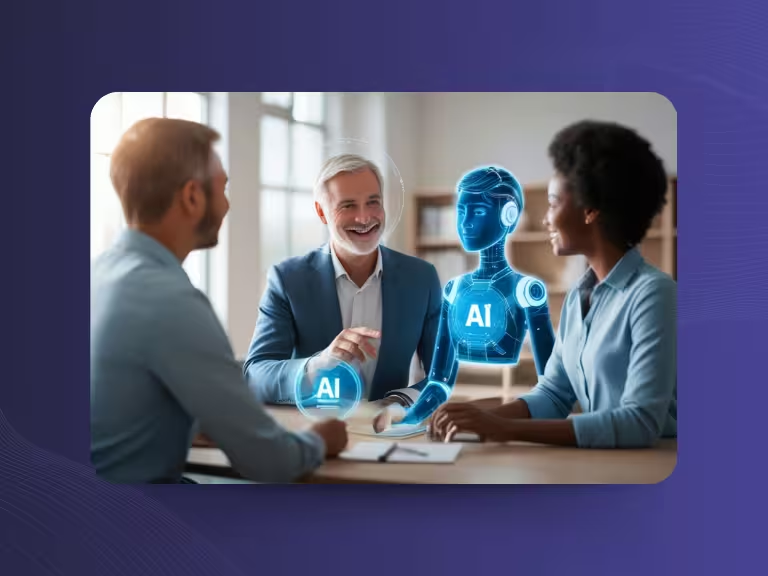Table of Contents
Here’s a quick mental warm-up:
Think of the brands you feel genuinely connected to, the ones you return to again and again.
Why is that? And how much of that loyalty is tied to an outstanding customer experience?
In today’s market, customers no longer compare your brand only with direct competitors. Instead, they compare you to the best experience they’ve ever had - anywhere.
This shift highlights a key distinction: while customer service and customer experience (CX) are often used interchangeably, they are not the same. Customer service is just one piece of the larger CX puzzle. It includes customer support, success teams, and self-service touchpoints, places where your customer interacts directly with your team.
So what exactly is customer experience?
What Customer Experience Really Means
Customer experience varies from person to person, but experts have tried to define it clearly. Blake Morgan, a well-known CX futurist, says CX is ultimately about how customers perceive your brand.
A more emotional and strategic definition comes from Janelle Estes, Chief Insights Officer at UserTesting:
“Customer experience is the way companies go to market and address people, not just with a product, but with an emotional connection throughout the entire duration of the relationship, with the aim of motivating and inspiring people.”
Put simply, customer experience is how a person sees your brand based on every interaction throughout the customer lifecycle—and whether those experiences deliver on your brand’s promises.
The Role of AI-Powered Virtual Assistants in CX
In the digital era, customers are hyper-informed and constantly connected. With touchpoints spread across multiple channels, brands increasingly rely on technology platforms to enhance customer experience. This brings us to a powerful solution: AI-driven virtual assistants (VAs).
Artificial intelligence is reshaping how B2B companies interact with their customers, and virtual assistants are emerging as high-impact tools for enhancing CX. Not only do they streamline workflows and improve operational efficiency, they also elevate the customer experience and support long-term relationship-building.
As we’ve discussed, CX is about adding value at every step of the buyer journey—from first awareness to becoming a loyal brand advocate.
The Three Key Touchpoints for AI Virtual Assistants
During the sales funnel, there are three core stages where AI VAs can deliver serious value:
- Pre-Sales – Engage prospects early by answering questions instantly, offering personalized content, and guiding them to relevant solutions
- Sales Process – Assist reps with real-time information, automate repetitive tasks, and help move deals forward faster
- After-Sales – Support onboarding, resolve issues proactively, and help maintain the relationship with timely follow-ups

Sally is an AI-powered virtual assistant built specifically to enhance customer experience at all three touchpoints.



Try meeting transcription now!
Experience how effortless meeting notes can be – try Sally free for 4 weeks. No credit card required.
Test NowOr: Arrange a Demo Appointment



